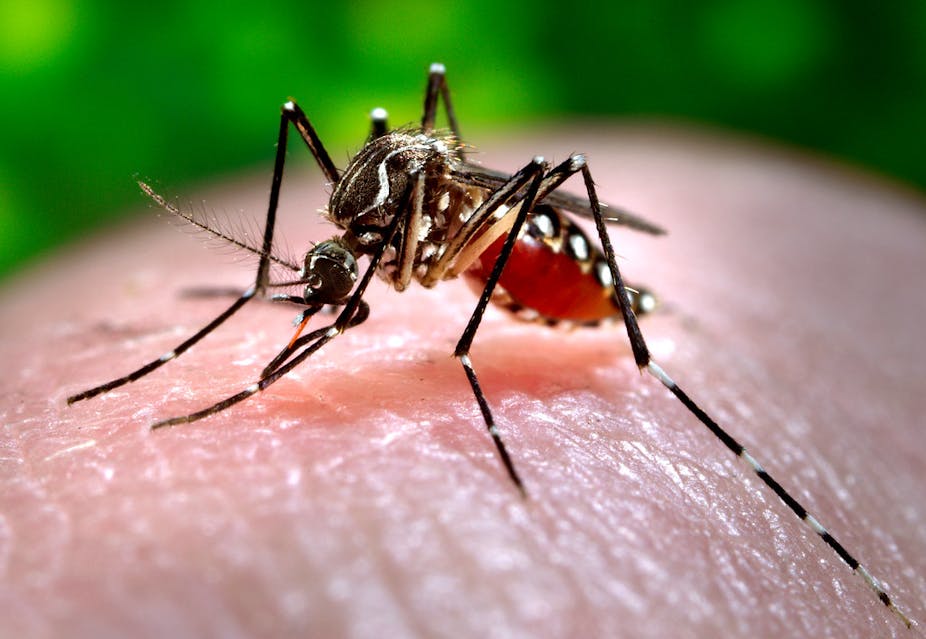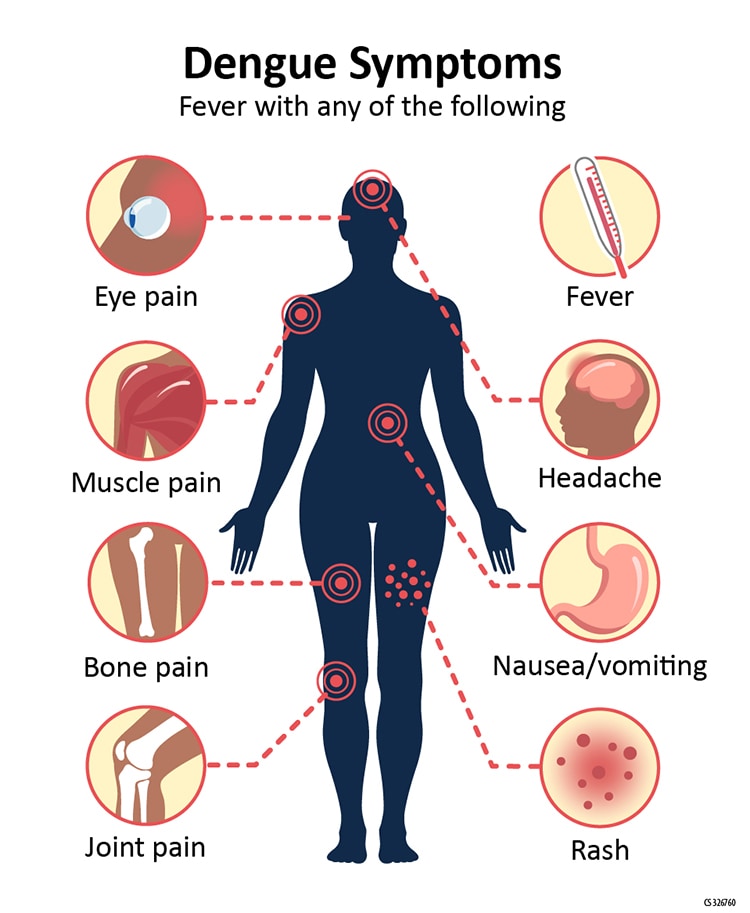Dengue Fever: causes, symptoms, treatment and prevention.
Table of Contents
Dengue fever is one of the result of the climatic changes occurring around us which has led to the increase in rainfall, humidity and temperature. The fever (Dengue fever) is a painful mosquito-borne disease that thrives in urban areas within tropical and subtropical climates.
Recently this mosquito-borne infection which is caused by viruses related to West Nile Infection and Yellow fever, according to WHO the disease is quietly creeping into new locations around the world and causing the death of over 5,000 people and over five million infections worldwide in 2023 which is alarming.
Individuals cannot get infected with this fever, rather it is transmitted through insect bites, read on to know more about this fever that is causing an alarming increase in death rates worldwide.
Also Read:
- The Best Way to Clean Your Lungs After You Quit Smoking
- Food High In Vitamin E; 10 Foods That Are High In Vitamin E For Skin, Hair, And Heart Health
Causes of the Dengue fever
The disease is caused by the four types of Dengue virus which include Den-1, Den-2, Den-3, and Den-4, and is transmitted by the Aedes mosquito to their host organisms which are humans.
Virus: Den-1, Den-2, Den-3, Den-4.
Vector: Infected Aedes mosquito

Also see:
- Sunburn: Meaning, 3 Types, Symptoms, Prevention and Treatment You Must Know
- Apollo (Conjunctivitis): Best Ways to Treat it
Symptoms of the Dengue Fever
Most people who are carriers of this Dengue fever do not experience any symptoms and it is sometimes mistaken for other illnesses, but here are the symptoms you’ll watch out for.

Immediately someone is infected with Dengue fever, the person will start experiencing these symptoms four to ten days after they get infected with the disease. Here are the symptoms that you are likely to experience if you have or got infected with Dengue fever.
- High fever
- Severe headache
- Nausea
- Vomiting
- Pain behind the eyes
- Fatigue
- Severe muscle and joint pain
- Skin Rashes which you may notice two to five days after the person is infected.
- Bleeding: Infected persons may experience bleeding in some parts of their body such as the nose, and gums, and also they easily get bruises.
Checkout:
- Sickle cell anaemia -6 Signs and manifestations of sickle cell anaemia
- Genetic Drift; Difference Between Genetic Drift And Genetic Flow.
- Ovarian Cancer; Meaning, Types, Causes, Symptoms, Treatment, and Prevention | Comprehensive Guide
Symptoms of severe Dengue fever (Dengue hemorrhagic fever) may include:
- Very high fever
- Damage to the blood vessels
- Severe bleeding
- The presence of blood in the urine, stool, and vomit
- Rapid breathing
- Shock
- Death
Those with a weak immune system and those who have been infected twice or more with the disease are at high risk of getting infected again.
Related:
- Ear Diseases: Common Causes Of Ear Infections And Preventive Measures
- Urinary Tract Infections: 1 of the killer disease
- Urinary Tract Infections: causes and prevention
- Hydrocephalus In Infants And Adults; Meaning, Causes, 25 Symptoms, Prevention And Best Treatments
Treatment
You can generally treat dengue fever by taking
- pain reliefs
- acetaminophen to reduce the fever
- Have enough bed rest
- Visit your healthcare personnel immediately if you notice the symptoms associated with the disease
To effectively treat Dengue fever, your healthcare provider will need to know:
- your age
- your past and present health history
- How sick you are
- The way you can best handle therapies, medications and other treatment procedures.
- Your opinion and preference
- How long the infection is expected to last
This can help them prescribe the best treatment for you. Do not take aspirin or any other NSAID to be on a safer side.
Prevention Of Dengue Fever
These are the tips on how to best prevent and protect yourself from contracting the ailment.
- Stay in well-screened and air-conditioned places
- Use mosquito repellant both indoors and outdoors
- spray insecticides in your environment to reduce the growth and multiplication of mosquitos and destroy their habitat
- Wear long clothing that will cover a greater part of your body to reduce the risk of getting infected.
- Prevent mosquito bites
Recommended:
- Star Apple: 13 Amazing Health Benefits of Star Apple Fruit
- Scent Leaf: 20 Amazing Health Benefits of Scent Leaf
- Nutrition Facts Label 1; Discover the Need to Stay Healthy with Nutrition Facts Label.
- Benefits of Bitter Leaf; See the 18 Incredible Health Benefits of Bitter Leaf
- Acorn Squash; 4 Important Things You Need To Know About Acorn Squash, Including Its Health Benefits
Summary
With its alarming increase, dengue fever should be prevented for a healthier and safer living using the method mentioned above. There is no specific treatment for dengue fever but detecting and giving it proper and early medical attention can save a lot.
Also, some persons may be infected with dengue fever but will not show any symptoms, and these kinds of people usually get better within a few weeks of getting infected, while others may experience severe dengue fever attacks.
So to be on the safer side, do not discard instructions that are given to you by healthcare personnel, protect yourself and the environment, and try as much as possible to encourage the fight against rising carbon emissions which cause global warming thereby increasing climatic change. Because the mosquitos that transmit the virus are sensitive to temperature.
